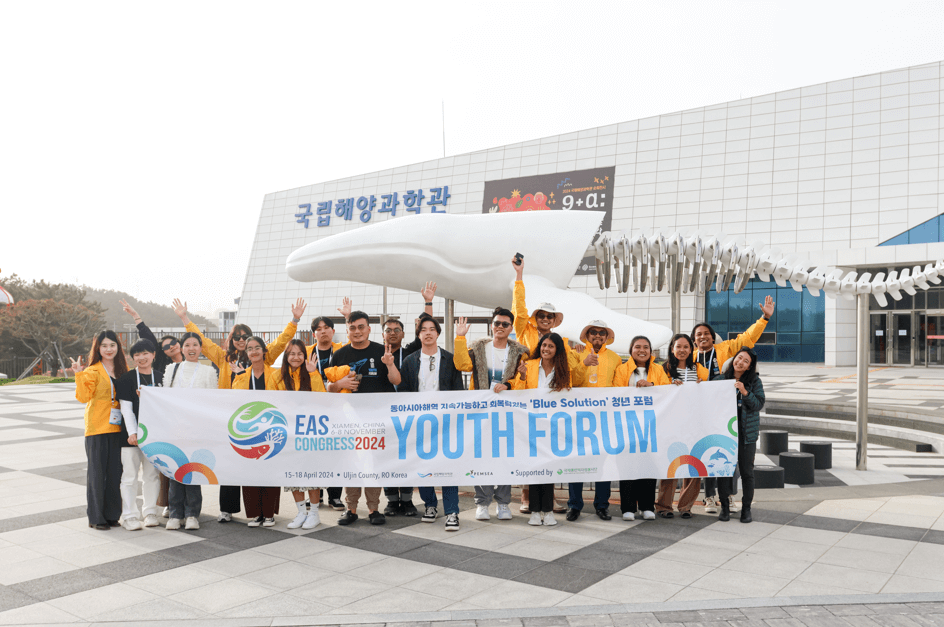Workshop on Natural and Manmade Hazard Prevention and Management
Saturday, 4 September 2010

Quezon City, Philippines — During the East Asian Seas Congress 2009, four workshops under the theme "Natural and Manmade Hazard Prevention and Management," on 23 to 25 November in Manila, Philippines.
The four workshops focused on: Workshop 1: Natural and Hazard Prevention and Management The workshop focused on major issues currently faced by East Asian countries in line with preparedness, response and cooperation in combating oil and chemical pollution. Emphasis was given to pollution response in East Asia's high-risk areas, issues on regional government industry cooperation for spill response; lessons learned and good practices; integration of regional, national and local stakeholders for spill preparedness and response; and recent developments in Claims and Compensation for Oil Spills.Workshop 2: Meeting Challenges of Climate Change at the Local Level through ICMFocusing on the local government-level, the workshop focused on various challenges posed by climate change and illustrated the application of the ICM framework and process in facing such challenges. Recommendations for furthering ICM implementation were developed, taking into consideration the climate change threats and necessary adaptation measures.Workshop 3: Impacts of Climate Change at the Coastal and Ocean Areas of the East Asian Seas RegionThe workshop discussed the types, level and severity of the adverse social and economic impacts of climate change. The open discussion was participated in by various sectors including tourism, fisheries, shipping and maritime industries and insurance companies on climate change issues and impacts in East Asia. The workshop focused on good practices and measures within and outside the EAS region related to climate change adaptation strategies.Workshop 4: Development and Advances on Marine Bio-safety in the Context of the Convention on BiodiversityMarine biosafety is an emerging concern in East Asia, as the region is vastly recognized as a main source of translocated species and a center of biological diversity. The workshop covered relevant aspects on marine biosafety in the context of the Convention on Biological Diversity from the maritime perspective. It focused on international instruments addressing the threats of invasive aquatic species and ballast water management, advances in mitigation technologies, global efforts in enhancing awareness on marine biosafety-related challenges, risk assessment and risk management, and prospects within an East Asian setting. Proceedings from other themes and workshops are also available on the EAS Congress 2009 website.



